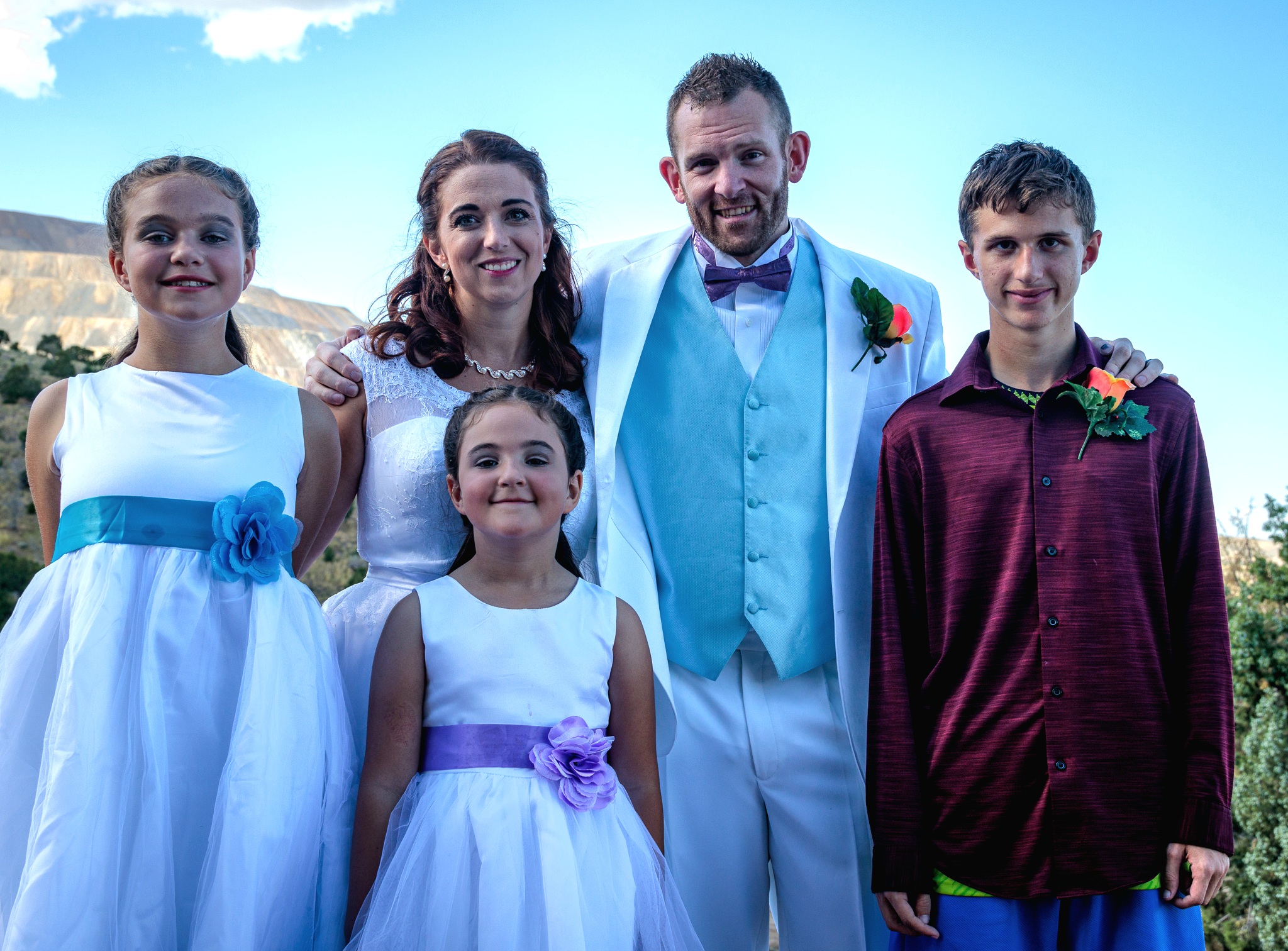
Amanda hopes her cancer journey is a positive example for her kids
April 22, 2024
This is a guest post by Amanda Reitz, a mother of three children who were 13, 9, and 5 years…
Read More
We rounded up a few research highlights from the 2022 Congress of the European Society for Medical Oncology (ESMO), held recently in Paris, France.
Pembrolizumab/lenvatinib combo could be frontline treatment for non-clear cell RCC
Findings from the phase II KEYNOTE-B61 trial showed combination treatment with pembrolizumab (Keytruda) and lenvatinib (Lenvima) led to greater treatment response and disease control in people with non-clear cell renal cell carcinoma (RCC). This group of patients had locally advanced or metastatic disease and had not received prior systemic therapy. For the 147 people in the trial, objective response rate was 47.6%, which included some complete responses, and the disease control rate was 79.3% during a median follow up of 8.2 months. The types of non-clear cell RCC included papillary, chromophobe, unclassified, translocation, and “other”. Given the unmet need for effective treatment for people with non-clear cell RCC – the lead researcher pointed out that response rates to targeted therapy was between 5-25% and progression-free survival was less than 6 months – these preliminary results show promise for frontline treatment with a pembrolizumab/lenvatinib combination. Read more.
Belzutifan continues to show positive results in two trials
Belzutifan (Welireg), the most recent drug approved to treat certain kinds of kidney cancer, continues to show positive results, per two studies presented at ESMO, as it moves closer towards phase III clinical trials.
Belzutifan blocks the action of HIF-2a (hypoxia-inducible factor a), which goes up or down in response to cellular oxygen levels and is part of pathways that can favor tumor growth, especially in people with kidney cancer who have mutations in the von Hippel-Lindau (VHL) gene.
The phase II LITESPARK-004 study was a 36-month follow up of a group of people with RCC and VHL disease who had not been treated previously with systemic therapy. The group was given belzutifan daily until their disease progressed, toxicity became unacceptable, or they withdrew from the study. After 3 years, 62% of patients remained on treatment; this group had a 64% objective response rate to belzutifan, which was the primary endpoint. The lead researcher said the results show that belzutifan offers clinically meaningful antitumor activity with manageable side effects including anemia. Read more about LITESPARK-004.
Another phase II trial, LITESPARK-003, assessed belzutifan plus cabozantinib, an anti-VEGF agent that prevents tumor growth, as a first-line treatment for advanced RCC, the first such results for this treatment combination. Data was only presented for the group that had not received prior treatment. In this group of 35 people, the objective response rate was 57%, complete response was 6 percent, partial response was 51%, and no patients experienced disease progression at a median 14 months of follow up. Ninety seven percent of patients did experience treatment-related adverse effects, some severe, including anemia and fatigue. A phase III LITESPARK trial – LITESPARK-001 – is currently open for enrollment to investigate belzutifan plus lenvatinib in patients with advanced clear cell RCC who have had prior treatment. Read more about LITESPARK-003.
Bempeg fails to perform in phase III trials for advanced RCC
Combination treatment with the experimental long-acting interleukin-2 drug bempegaldesleukin (bempeg) plus the immunotherapy nivolumab (Opdivo) did not perform better than targeted therapy with VEGF TKI agents like sunitinib or cabozantinib in people with untreated advanced renal cell carcinoma. The phase III PIVOT-09 trial aimed to see if this new type of checkpoint inhibitor combination therapy might improve survival or response rate in this patient group. The trial of 626 people with advanced RCC randomized to receive either the experimental combination or a VEGF TKI agent of the investigators’ choice had a median overall survival of 29 months in the bempeg arm but this endpoint was not reached in the VEGF TKI arm, meaning people given the VEGF TKI survived longer. Likewise, overall response rate was 23% in the bempeg arm and 30.6% with sunitinib or cabozantinib. While bempeg was considered promising in early phase trials, particularly in people with melanoma, who sometimes respond to treatment similarly to people with kidney cancer, data from this latest research presented at ESMO suggest that, although combination immune checkpoint inhibitor therapy with agents like nivolumab have become the standard of care in the first line, combinations with bempeg are not better than even a VEGF TKI agent. Read more.